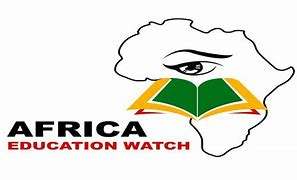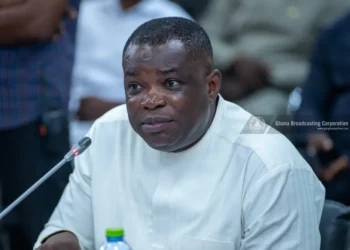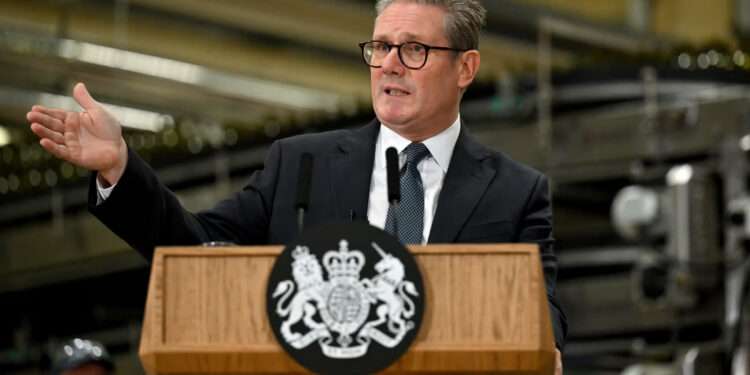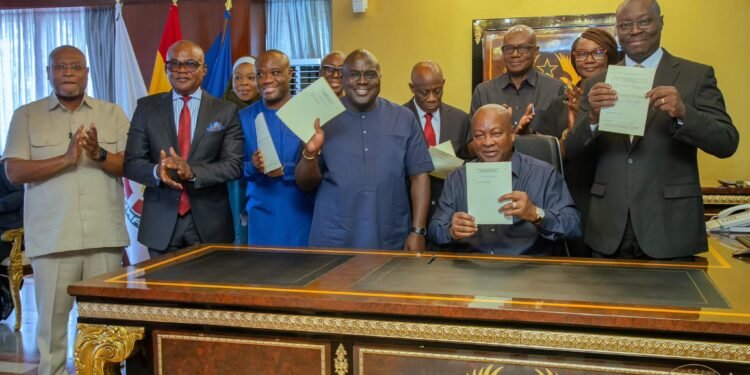In a recent Development, the Executive Director of Africa Education Watch (Eduwatch), Kofi Asare, has called upon the Ghana Education Service (GES) to initiate a public inquiry into the alleged collection of illegal fees from first-year students in Senior High Schools (SHS).
The controversy has arisen despite the implementation of the free education policy.
Kofi Asare, expressing his concern over the alleged illegal fees, emphasized the need for transparency in the investigation process.
“However, given the sheer number of school heads involved, as there appears to be significant defiance, it may be necessary for the GES and GTVET to consider a public inquiry to afford the school heads an opportunity to justify their unprescribed actions to the general and stakeholder public, as well as their employer.”
Kofi Asare
This move comes in response to allegations of unauthorized fees being charged to candidates placed in these institutions. The affected schools include Kumasi Girls, Asanteman, Kumasi, Manso Adubia, Agric Nzema Community, Nkawie, and Collins Senior High Schools.
In letters dated December 8, 2023, the GES notified the implicated headmasters of their removal, citing the collection of unauthorized monies as part of the admission process. The list of unauthorized fees reportedly includes payments for sewn anniversary cloth, house dues, the sale of books, the sale of calculators, and the sale of anniversary cloth, among other items.

The GES has taken a firm stance, directing the suspended headmasters to hand over all school properties to the Regional Director of Education with immediate effect. The action is in accordance with the code of conduct, which mandates stepping aside for an investigation in such cases.
Mr. Asare pointed out that, despite various reasons provided by some school heads, there is no justification for these actions. However, Asare suggested that a public inquiry conducted by the GES and GTVET could allow the implicated parties to present their justifications to the general public, stakeholders, and their employers.
“Aside from the possible sanctions some may face, they might have some useful inputs into the free SHS program.”
Kofi Asare
The Executive Director also drew attention to the financial burden on students, highlighting a significant increase in alleged fees since the introduction of the free SHS policy. In comparing data from the 2016/17 academic year, before the free SHS initiative, with the current scenario, Asare revealed that some schools are reportedly charging over 30% more than what was paid in 2016, despite the government allocating about GHC 3 billion for free SHS this year.
Suppression Of Dissent
The implementation of the Free Senior High School (SHS) policy in Ghana has undoubtedly been a significant step towards providing access to education for all Ghanaian students. However, there have been concerns raised about the potential suppression of dissent within the education sector as a result of this policy.
One of the main issues revolves around the fear that critical voices and alternative perspectives may be stifled or silenced in the pursuit of promoting the government’s flagship education program. The pressure to maintain a positive image of the policy and avoid any negative criticism may lead to a climate where dissenting opinions are discouraged or even punished. This can create an atmosphere of self-censorship, inhibiting open dialogue and constructive criticism that is essential for the growth and improvement of the education system.

Furthermore, the emphasis on achieving high enrollment rates and meeting targets set by the policy may overshadow other important aspects of education, such as quality, inclusivity, and equity. In such a context, educators and stakeholders who raise concerns or advocate for necessary reforms may face resistance or backlash, as their dissenting views may be seen as undermining the success of the Free SHS policy.
It is crucial to recognize the importance of fostering an environment that encourages open dialogue, constructive criticism, and diverse perspectives in the education sector. By valuing and protecting the freedom of expression and dissent, stakeholders can engage in meaningful discussions, share innovative ideas, and work together to address the challenges and limitations of the Free SHS policy. This can lead to its continuous improvement and long-term sustainability, ensuring that the benefits of expanded access to education are not compromised by the suppression of dissent. A balanced approach that considers both the achievements and the shortcomings of the policy is key to fostering a vibrant and inclusive education system in Ghana.
The call for a public inquiry underscores the urgency and complexity of the issue, as stakeholders seek clarity and accountability in ensuring the integrity of the free SHS program. Eduwatch remains vigilant in its commitment to promoting transparency and fairness in the education system, holding institutions accountable for their actions.
READ ALSO: Ghana’s Progress In Poverty Reduction Reflects Positive Development Efforts





















